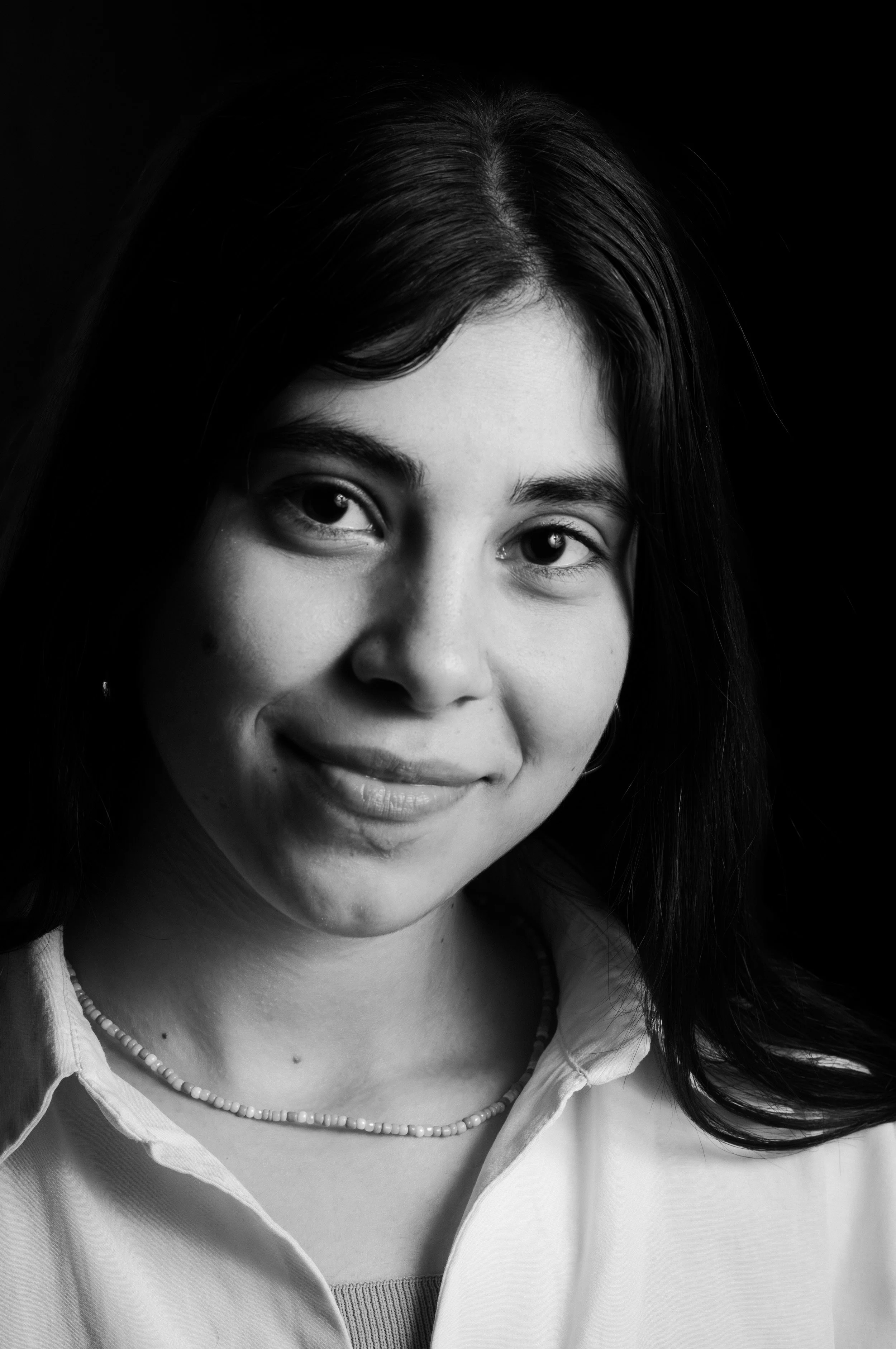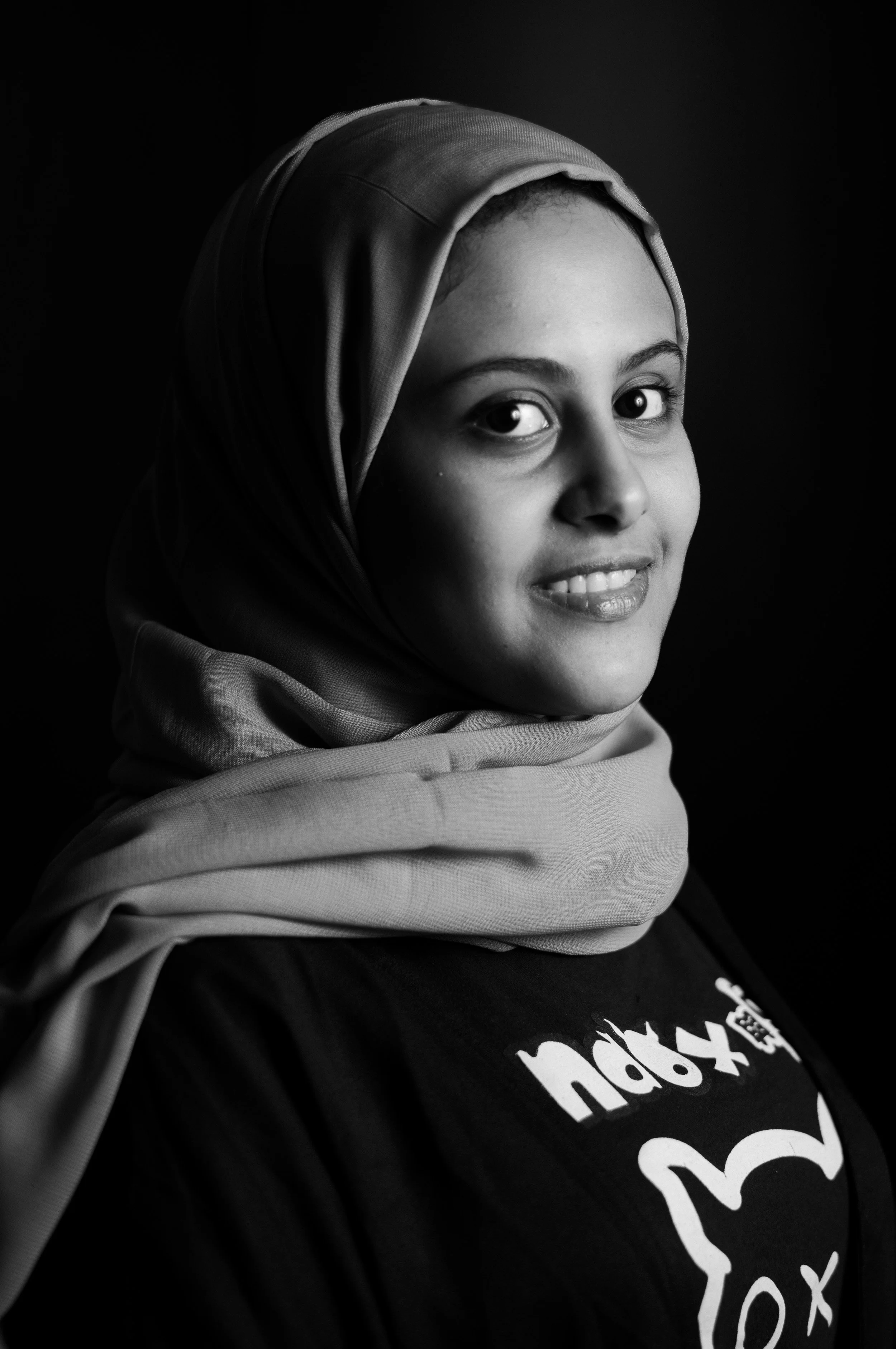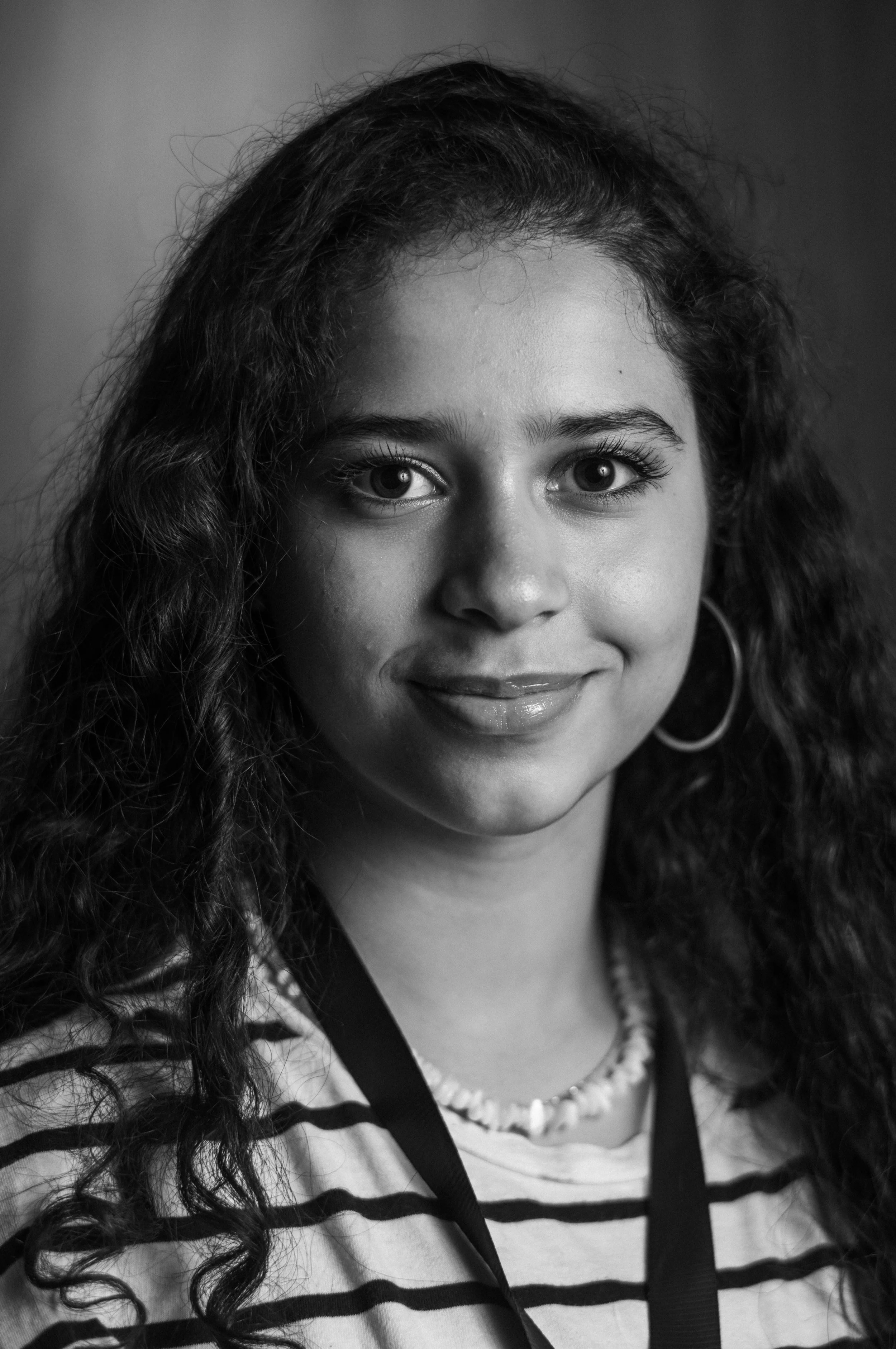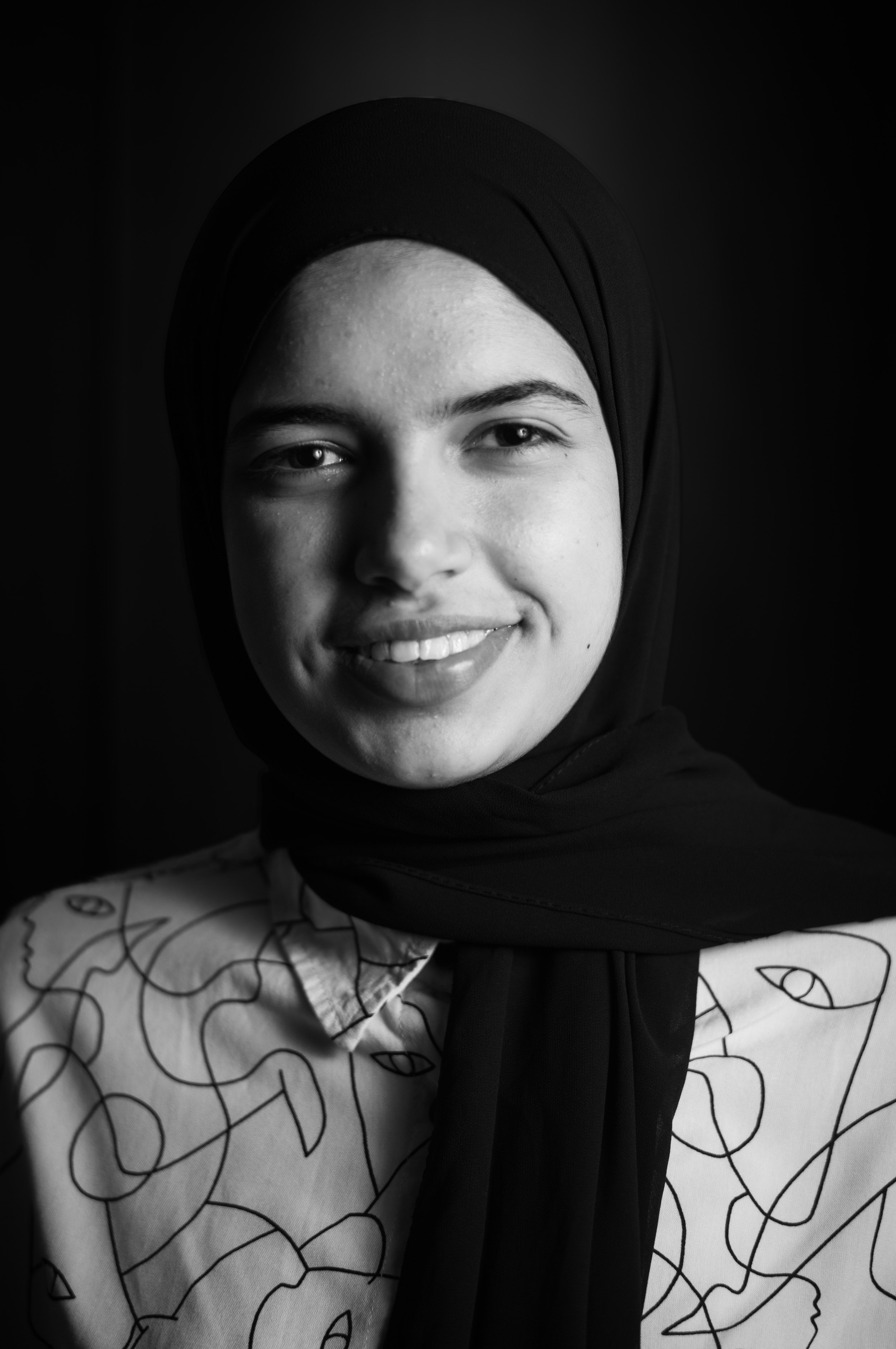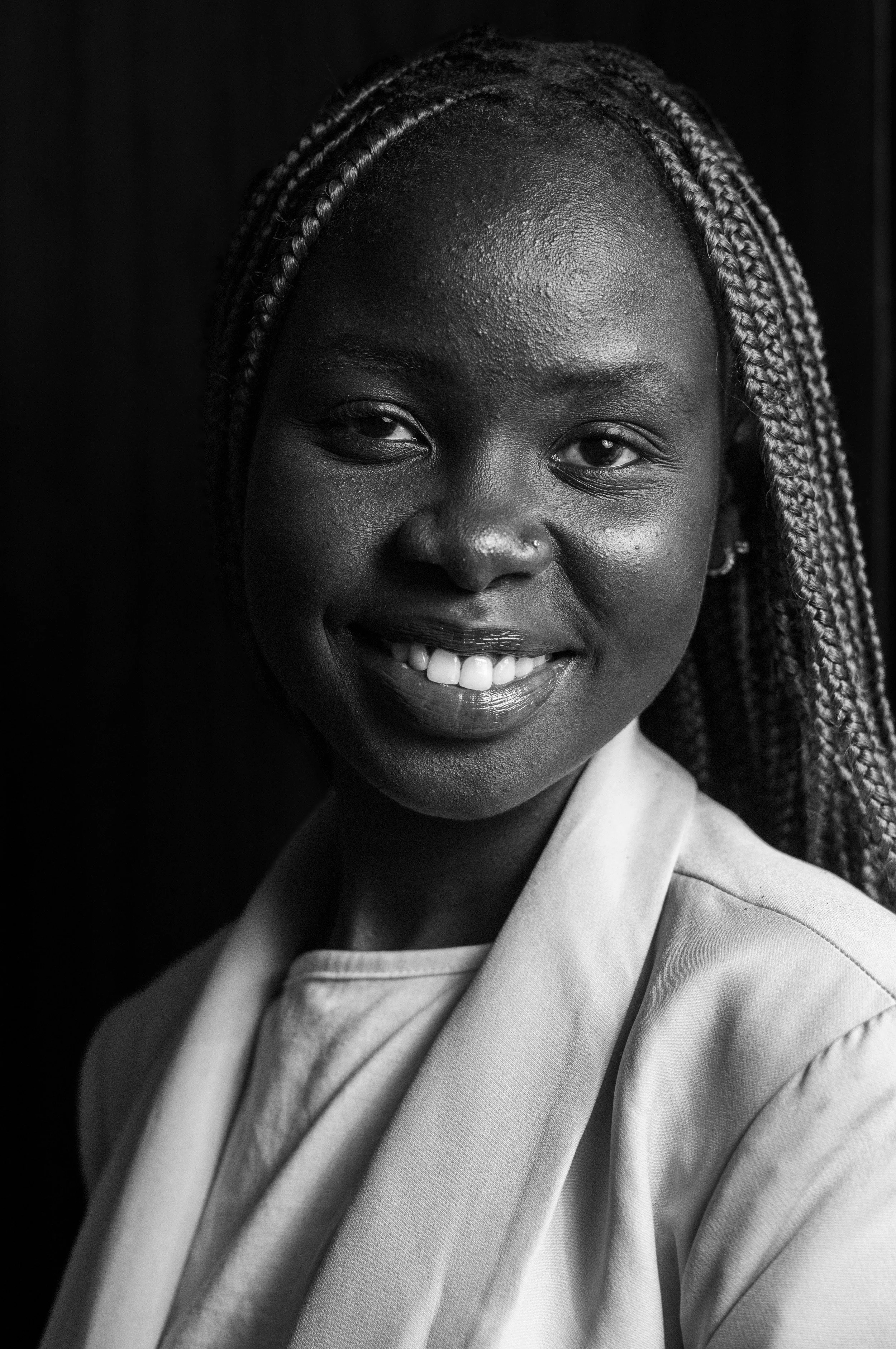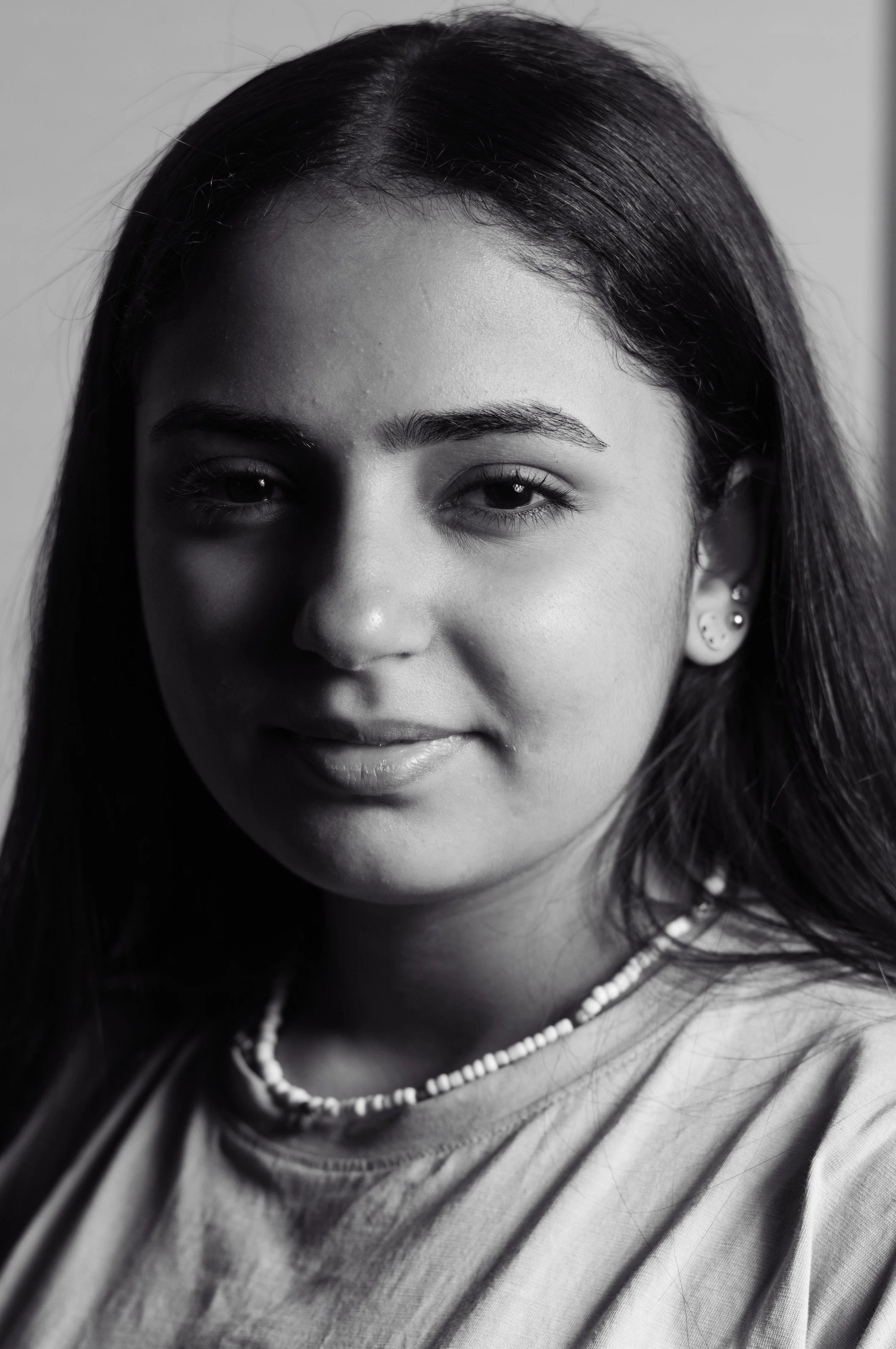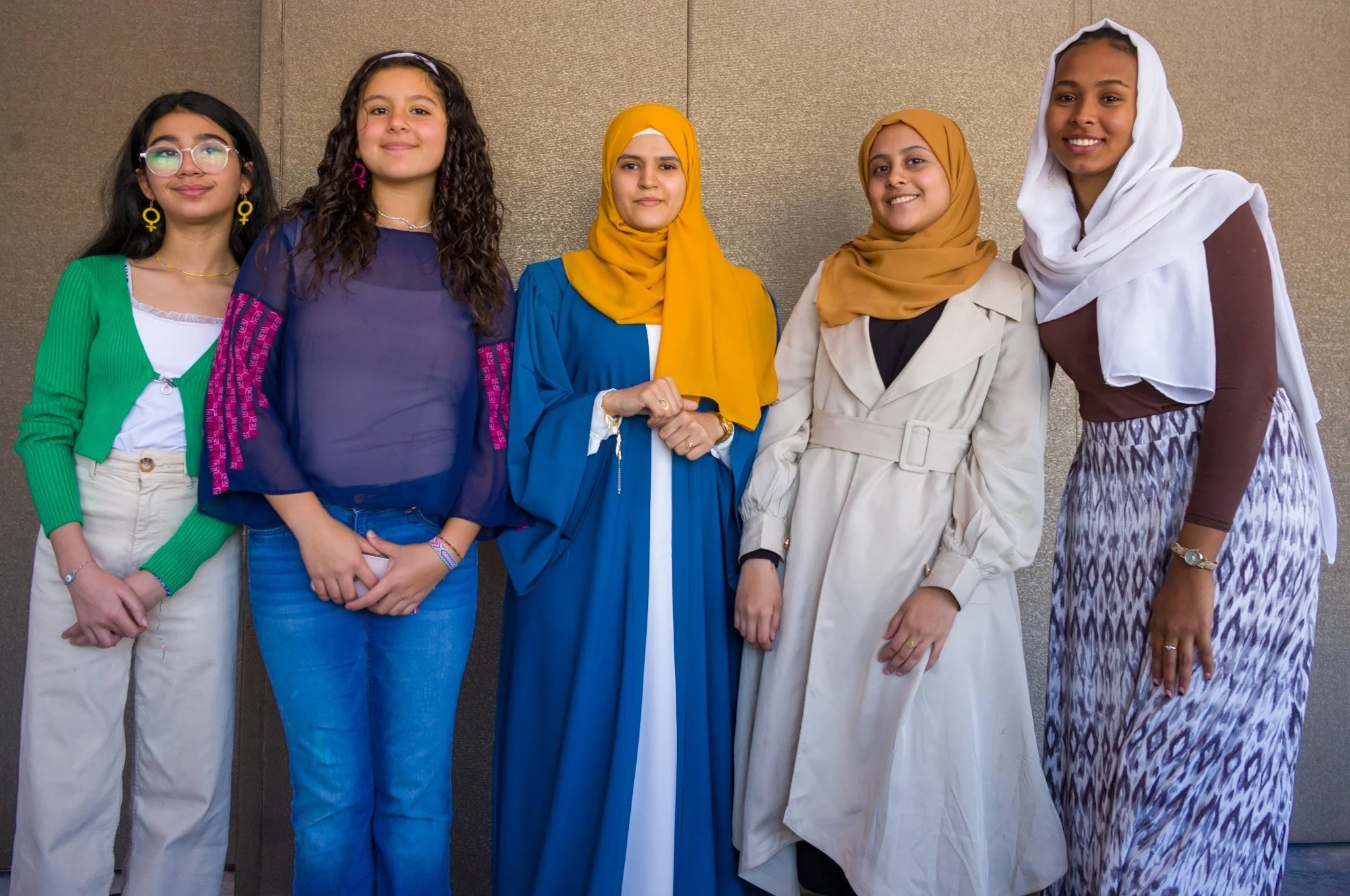The Wa’ed Network
Launched in 2022, Karama is proud to support Wa’ed network, a group led by and for adolescent girls in Africa and the Arab region.
As its name suggests, Wa’ed is a solemn promise and a commitment from the girls who founded the network to each other, to themselves, and to the wider community.
It also represents a commitment from Karama to support the work of the Wa’ed network. Through Wa’ed, we aim to provide a safe space for girls, one in which they can connect with peers across the region, expand their knowledge and build their advocacy skills. It will be a platform from which girls can contribute to and participate in regional and international processes in the region where decisions are made that affect them.
The Wa’ed network emerged from the Karama Initiative for Adolescent Girls. Supporting projects with adolescent girls in 12 countries in Africa and the Arab region, it made clear that the participating girls wanted to develop and lead their own network for peers across the region.
Karama has over 15 years of experience in supporting women’s activism in the region. We were founded with the knowledge that in order to be successful and sustainable, activist movements must be built from the ground up, with leadership coming from within the community. Activists in Karama’s network have secured vital progress for the rights of women and girls in the region, and in the efforts for peace and justice.
Karama’s support for the girls of the Wa’ed network applies all the lessons we have drawn from our experience, placing it in the hands of adolescent girls across Africa and the Arab region. We hope that Wa’ed will offer the same level of moral, practical and collective support that Karama has offered to its members over the years.
Why a network for adolescent girls?
The need for a network led by and for adolescent girls developed from the work of the Karama Initiative for Adolescent Girls.
With the pioneering support of NoVo Foundation, the Karama Initiative for Adolescent Girls sought to explore how girls in Africa and the Arab region could develop and exercise leadership so they could take action on their own behalf. In order to do that, the work needed bridge generational divides and build a foundational trust between everyone involved.
Karama worked with partners in 12 countries in Africa and the Arab region, and in the process trained a new generation of young women who would lead the work of the initiative.
The initiative needed a specialized approach because work aimed specifically at adolescent girls has traditionally been rare. Adolescent girls have have typically been addressed only through programs for women, girls, or children. These approaches have not recognized that adolescence is a unique and pivotal stage for girls. There is also insufficient research on adolescent girls in the Arab region and Africa – including research specifically on their lived experiences, rather than on broader issues such as schooling, marriage, or fertility.
Compounding these gaps are cultural norms across the region that encourage adolescent girls to conform and discourage them from sharing their internal experience, while families restrict their autonomy and freedom.
These conditions have left adolescent girls unheard by their families, communities, and governments.
The young women who led and implemented the Karama Initiative for Adolescent Girls took intersectional, innovative, and sensitive approaches to establishing safe spaces in which adolescent girls could express themselves, and in which our partners could learn from and better understand the girls and their needs.
Their work has sought out and included girls from hard to reach communities - girls in rural areas; ethnic or religious minorities; girls with disabilities; girls from deprived backgrounds; displaced and refugee girls; girls living in conflict-affected areas or under occupation. Together, they have participated in programs that have included theatre and arts workshops, summer camps, and support sessions.
The girls who took part expressed that they wanted to raise awareness of their collective needs and potential interventions to address their priorities. They identified avenues for strengthening girls’ sense of themselves as agents of social change and members of a broad, collective peer group. They made clear that they wanted to explore new approaches for organizing girls’ activism in healthy, sustainable, and truly responsive ways.
Girls wanted to end the isolation many expressed they and their peers experience. They want to connect to the wider world, which they recognized as a way for them to claim and magnify their power.
This work has honed Karama’s approach to working with adolescent girls, and with those priorities identified by the girls themselves, culminated in the launch of the Wa’ed network. This will now be the vehicle through which adolescent girls in the region can set out to achieve those goals.
The challenge for the Wa’ed Network
Karama’s work with adolescent girls has developed a broad and detailed picture of how girls see their situation and the challenges they face.
Putting together an unflinching account of the realities that girls live in our region has often been as painful as it has been illuminating.
Adolescent girls are subject to exploitation. They face significant restrictions on their rights. They are vulnerable to domestic violence, forced, early and child marriage, sexual harassment, and bullying. They experience family control that limits their movement and participation in the public sphere - including access to education. Many feel they cannot dream of a better future.
Girls in the region experience persistent inequities, and live in societies governed by customs, traditions, and patriarchal norms that control resources, decisions, laws and legislation. At the same time, many girls in the region live in countries directly and indirectly affected by armed conflict, post-conflict militarization, occupation, and unequal and exploitative economies. Girls live in their homes with constant fear of experiencing direct violence, subject to restricted freedom of movement, unemployment and poverty, internal displacement, and difficulties in accessing clean water, education, and healthcare. All the girls we work with want to claim their basic right to safety and security.
In the face of all these challenges, adolescent girls in the region demonstrate resilience, creativity, bravery, and leadership
A unique understanding of intersectionality
From the very start of our work with adolescent girls, they have demonstrated a natural intersectional approach to their activism and organizing.
One of the most interesting outcomes of Karama’s work with adolescent girls in the region has been the strength and clarity of their intersectional perspectives on their situation, and the intersectional approach they have taken to activism.
Throughout the work, girls have recognized the particular marginalization faced by those within their peer groups, such as girls with disabilities, displaced girls, socially and economically deprived girls. This recognition has both sought to ensure their inclusion, and ensure their needs and priorities are reflected in the work.
It has been remarkably clear that girls who themselves face multiple forms of oppression and discrimination - as girls, as young people, as well as other forms like occupation, racism and bigotry - acutely understand power relations. This understanding in turn informs their approach to activism.
Girls show deep understanding of the issues that limit and restrict their enjoyment of basic rights and freedom, while reflecting on their personal lived realities. They have explored many ways of translating their priorities into intervention.
Girls’ priorities for the Wa’ed network
The Wa’ed network launched with a series of priority areas on which girls want to take action.
Gender-based violence and discrimination
Girls across the region endure cultural norms and legal structures that tolerate and perpetuate violence against them. This environment puts many formal and informal restrictions on girls: the way they dress, their choices, education and movement. Girls want to break silences on all forms of discrimination based on their gender, and break silence on sexual harassment, rape, and all forms of sexual abuse - and end the blame they face for much of what they suffer.
Traditional gender roles within the family
In many countries in the region, laws enforce formal hierarchies that place young women and girls as inferiors within the family. This has untold impacts on girls, affecting their confidence, their sense of self and personal value. In material terms it also affects decisions about girls’ futures - their access to education, their economic and social participation.
Safe spaces for girls
The adolescent girls in our work reported that they lacked spaces in which they felt safe - especially girls affected by conflict and occupation. These girls report that violence becomes internalized into the community - from domestic violence in the home to bullying in the playground. Violence and discrimination also follow from society into girls’ lives online. Bullying and harassment over the Internet and social media are viciously gendered. The girls wanted a place where they felt they could express themselves, explore their interests, and connect with others.
Girls’ rights
The girls of the network spoke so much of rights that are infringed upon or not guaranteed: the right to education, right to marriage, right to choose, right to health, right to play, right to share in the public sphere, right to move, and the ability to express and practice their rights. They are determined for modern laws that offer them protection from violence, laws that punish aggressors rather than blaming victims, and laws that guarantee freedom from discrimination, and full access to opportunities.
Ways forward for the Wa’ed network
The girls of the network have identified activities they want to carry out to expand their opportunities.
Raising awareness
Girls want to challenge the systems of oppression, the discrimination, and the stereotypes that hold them back. They want to use all forms of media to put their stories out and to hear the stories of others - from social networking platforms to street theater. They want to mobilize communities and others to support their rights, needs and priorities to initiate change.
Advocacy
By mobilizing communities, media, decision makers, the girls want to build support for changing the laws that discriminate against them and make them vulnerable to violence.
Life skills, self-confidence and self-actualization
Girls want to learn from each other, from older generations, and from subject experts how to build their leadership and life skills. They want to include and reflect the priorities of their peers, to be role models inspiring other girls.
A safe space for girls
The girls want to host activities that unleash the energies of girls, a place for dialogue where they can apply their individual skills towards collective learning. They want to explore approaches of peer-learning, away from conventional vertical learning, so future workshops are led by girls and centered around girls.
Rights
The members of the network want to engage in advocacy and raising awareness about the rights girls already have and the rights they should have - laws and protections on issues like violence; child, forced and early marriage, and other priorities.
-
The need for a network led by and for adolescent girls developed from the work of the Karama Initiative for Adolescent Girls. Read more about why it was founded.
-
Adolescent girls face many challenges in their daily lives. Find out more about the issues they have identified.
-
From the very start of our work with adolescent girls, they have demonstrated a natural intersectional approach to their activism and organising. Read more about it.
-
Girls across the region have share to a remarkable degree common priorities that they want to deal with, read more about them.
-
The girls of the network have a clear idea of what they want to do, read more here.

